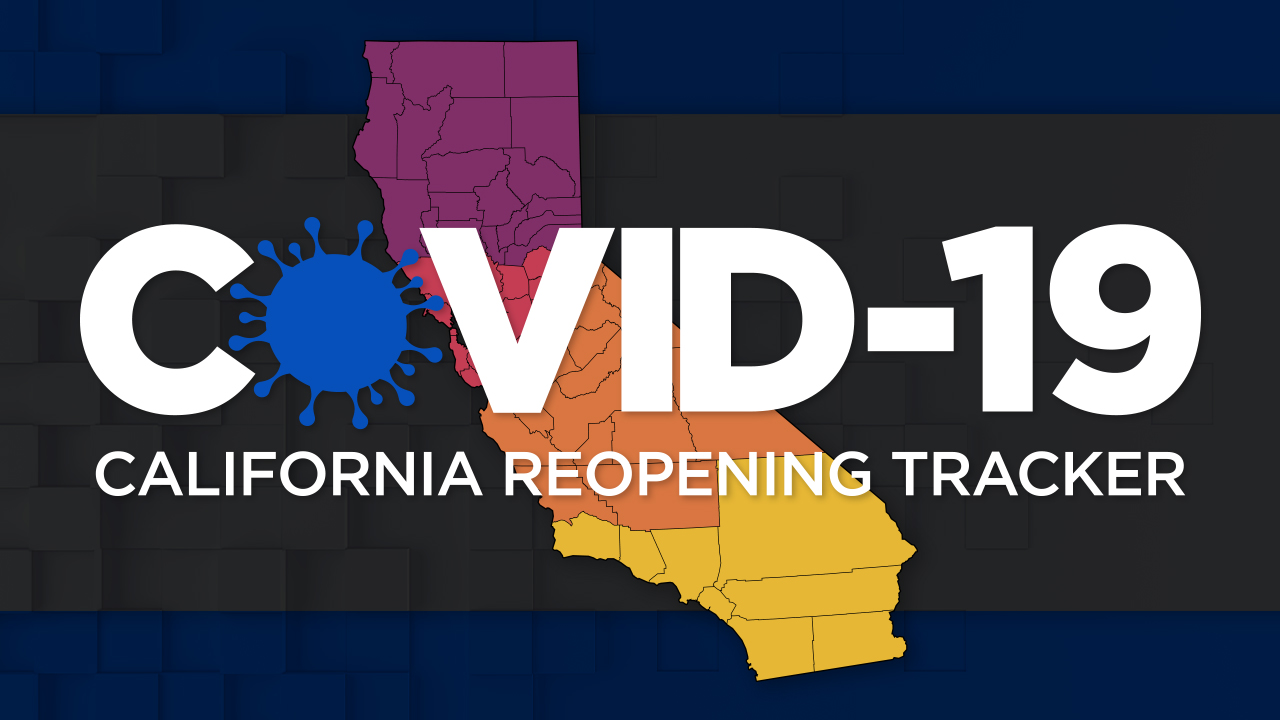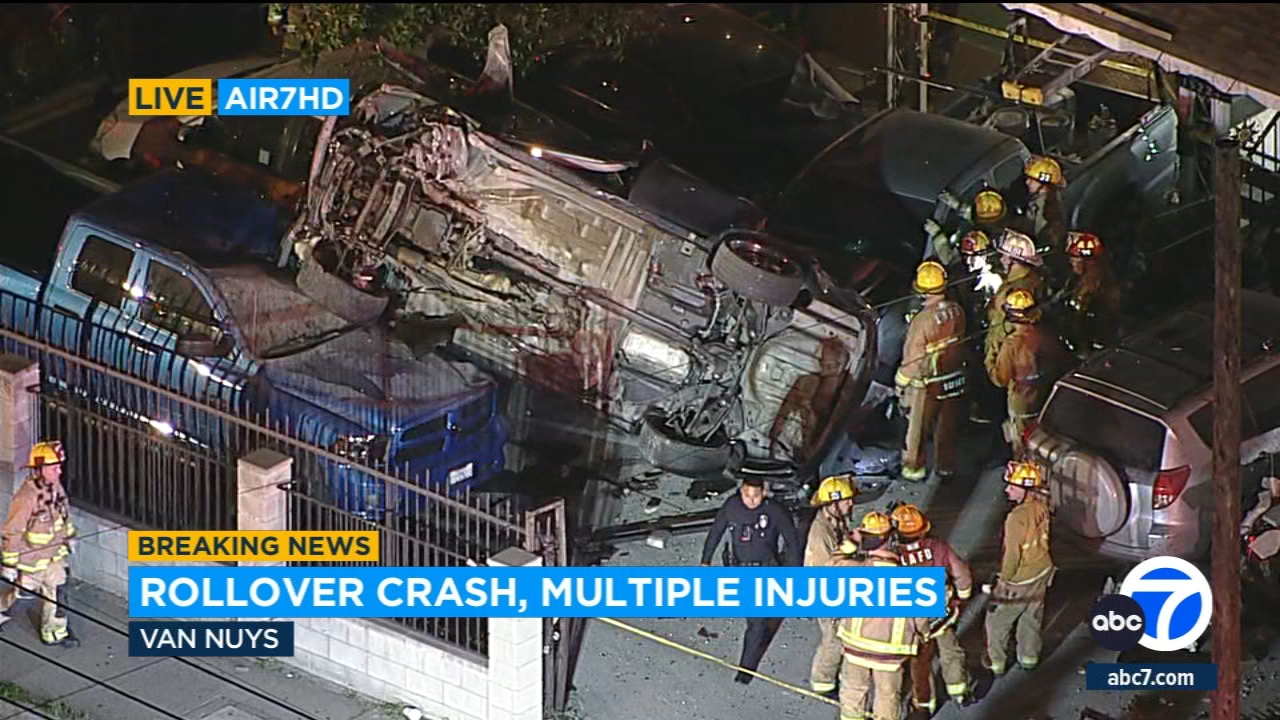Pandemic: Majority of Black, Latino Americans are less confident about access to COVID vaccine, study says

Over the last year, researchers have analyzed many aspects of the coronavirus pandemic, and a new study shows that Black and Latino Americans are less confident in their ability to receive access to COVID-19 vaccines and treatments.
"What this survey really gets to is what's in our hearts and our minds in terms of our fears or anxieties," said Harvey W. Kaufman, senior medical director at Quest Diagnostics.
The new Quest Diagnostics survey found Black and Latino Americans are nearly two times as likely as white Americans to say their access to COVID-19 vaccines - when available - would be worse than other racial or ethnic groups.
"Some the challenges that we faced in terms of implementing testing across all parts of our population are arising again with regard to vaccination," said Dr. David Carlisle, CEO and president of Charles R. Drew University of Medicine and Science, a nonprofit whose mission is centered on social justice and health equity.
"I would say that much of South Los Angeles doesn't know where to go to get vaccinated for COVID-19," said Carlisle. "Many people don't have a car to drive to a high-volume vaccination center. So where do they go if they don't have a personal or primary care physician. And the answer in many cases is there's nowhere to go."
Coronavirus California: Map shows which counties can, can't reopen under reopening tiers

The study also found that while 84% of white Americans have confidence they would receive the same life saving care as other groups, if diagnosed with COVID-19. That is true for 67% of Latinos and 64% of Black Americans. The roots are much deeper than the pandemic.
"African Americans have years of the health care system using them inappropriately -- the Tuskegee experiment, the work of doctors during slavery, etc. etc.," Carlisle said. "Sterilization of women, even during our recent period of immigration challenges."
Trust translates into care.
"I remember talking to some patients who were getting tested. And they said, 'It really made a difference when we saw students from your institution Charles R. Drew University. Doing, helping us obtain our COVID-19 test," Dr. Carlisle said.
Of the people surveyed, 82% said they expect action will be taken to address the racial disparities. Research can lead to meaningful results. Recently, Quest Diagnostics committed $100 million to a nationwide initiative to close the gap.
"Information like this certainly empowers the efforts that are needed to close the gap," said Carlisle. "I'm optimistic that we will continue to make progress, but I recognize, I'm conscious of the fact that there is much progress remaining to be made."





